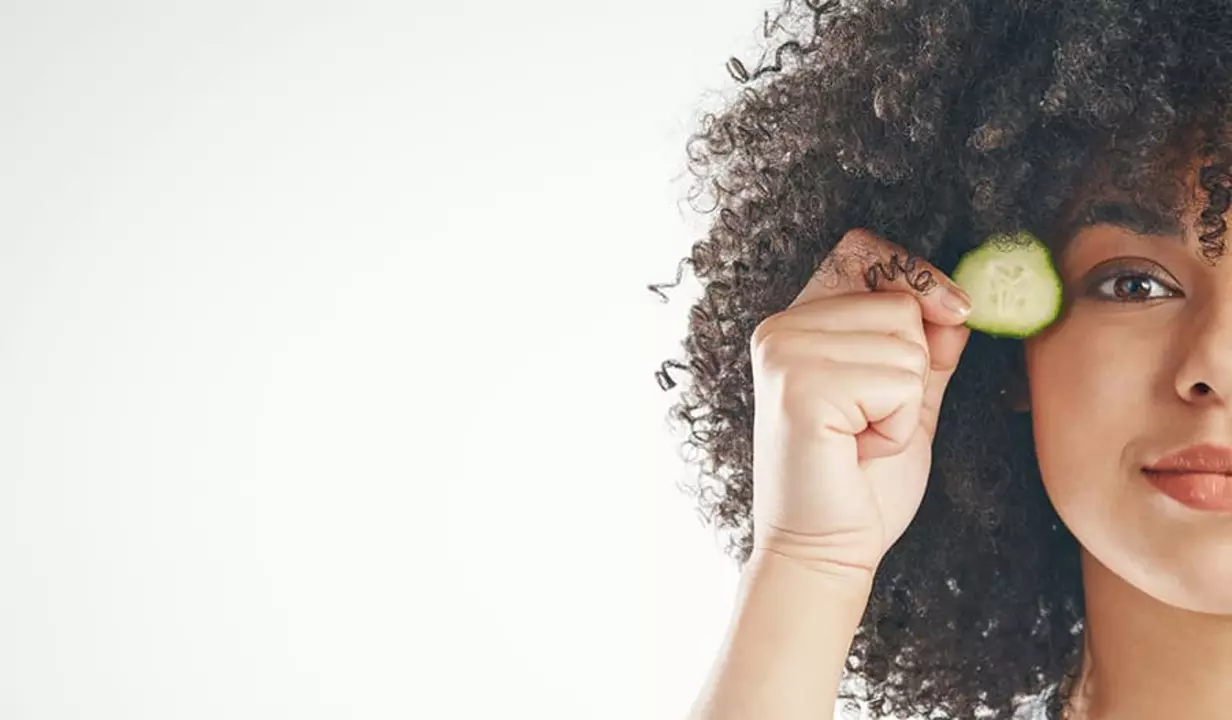Hair health: practical steps to stronger, less brittle hair
Worried about extra hair in the shower or a wider part? You don’t need miracle products—start with a few focused habits that actually work. This guide gives clear, useful steps you can use today to improve hair strength, reduce shedding, and support new growth.
Daily care that helps
Wash your hair when it feels dirty, not on a fixed schedule. Overwashing strips natural oils and leaves hair dry; underwashing can make the scalp irritated. Use a gentle shampoo and a conditioner aimed at your hair type—fine hair needs lightweight formulas, thick hair needs more moisture.
Avoid hot water and high heat. Rinse with cooler water to close the hair cuticle, and use a heat protectant before blow-drying or straightening. If you can, air-dry or use the dryer on a low setting to prevent breakage.
Be gentle when wet. Wet hair stretches and breaks more easily, so detangle with a wide-tooth comb or a brush made for wet hair. Start at the ends and work your way up instead of yanking through knots.
Style smarter: skip tight ponytails, buns, and braids that pull at the roots. Choose soft hair ties and alternate styles so the same areas aren’t stressed every day. Limit chemical treatments like bleaching, frequent dyeing, and harsh relaxers which weaken the hair shaft.
Nutrition, supplements, and scalp care
Your hair needs protein, iron, vitamin D, and enough calories. Simple shifts—eating more lean protein, spinach, beans, and eggs—can change hair quality over weeks. If you follow a restrictive diet, talk to a clinician about blood tests for iron and vitamin D before starting supplements.
Biotin is popular but it only helps if you’re deficient. A better first step is checking ferritin (iron stores) and thyroid levels, since low ferritin or thyroid problems are common, treatable causes of hair shedding.
Scalp health matters. A quick daily scalp massage for a few minutes increases circulation and can feel calming. Treat dandruff or scalp inflammation early—those conditions can make hair look thinner even when it isn’t falling out in large amounts.
If you want an over-the-counter option, topical minoxidil helps many people with pattern hair loss; it takes months to show results and you should expect continuous use for maintenance. For men, finasteride is effective but requires a prescription and discussion about side effects.
Medications can cause hair loss. If you started a new drug and notice shedding, don’t stop it on your own—ask your doctor. Also be cautious buying medications online: use trusted sources, check reviews, and verify pharmacy credentials before you order.
If shedding is sudden, patchy, or painful, see a healthcare provider. A simple blood panel and a scalp exam often point to the right treatment. Small, deliberate changes now—better nutrition, gentler styling, and a quick check-up—usually deliver the biggest, most lasting wins for hair health.

